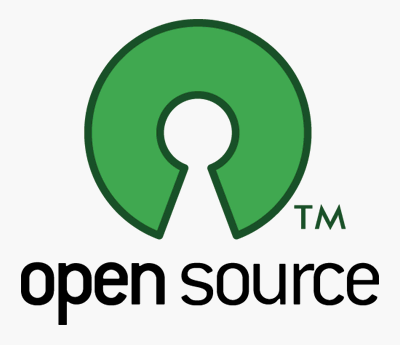Heating the house or burning it down?
 My public keynote yesterday in the trade fair arena at the LearnTEC Trade Fair and Conference in Karlsruhe, Germany was quite an experience. I wore a microphone headset which made me feel like an astronaut (but alas none could be found, despite the close proximity to Darmstadt European Space Agency Centre). The headset didn't make me look like Michael McIntyre, but it certainly gave me a lot of freedom to move around the audience and interact dynamically with them, and with over 300 people crowding in from all parts of the arena, we had an interesting and fast moving session. I presented a talk entitled: The future of learning: Web 2.0, Web 3.0 and the eXtended Web (Slideset here) which seemed to capture the mood of the conference. They like talking about the future here at LearnTEC, even if it is uncertain (the future, not LearnTEC - which seems to be growing from strength to strength, already in its 19th year, with 6000 exhibition visitors and 1200 conference delegates over the three day event).
My public keynote yesterday in the trade fair arena at the LearnTEC Trade Fair and Conference in Karlsruhe, Germany was quite an experience. I wore a microphone headset which made me feel like an astronaut (but alas none could be found, despite the close proximity to Darmstadt European Space Agency Centre). The headset didn't make me look like Michael McIntyre, but it certainly gave me a lot of freedom to move around the audience and interact dynamically with them, and with over 300 people crowding in from all parts of the arena, we had an interesting and fast moving session. I presented a talk entitled: The future of learning: Web 2.0, Web 3.0 and the eXtended Web (Slideset here) which seemed to capture the mood of the conference. They like talking about the future here at LearnTEC, even if it is uncertain (the future, not LearnTEC - which seems to be growing from strength to strength, already in its 19th year, with 6000 exhibition visitors and 1200 conference delegates over the three day event).  I talked about how the Web, in all its incarnations, is changing the way learning can be conducted, and discussed the impact of mobile technologies. We touched on a number of new and emergent technologies including augmented reality (AR) and non-touch, natural gesture interfaces such as the XBox 360 Kinect and MIT's Sixth Sense wearable. At the end there was at least 15 minutes of questions and discussions, and I could tell from the questions that everyone seemed to be thinking deeply about what was being said. It was an ideal environment for this presentation, as hopefully the pictures above will show. To be deep in the heart of exhibitor land, and with many of the exhibitors leaving their stands to participate, just has to be a way forward in the context of the debate on the divide between vendor and practitioner (see the comments on my previous post for the discussion thread).
I talked about how the Web, in all its incarnations, is changing the way learning can be conducted, and discussed the impact of mobile technologies. We touched on a number of new and emergent technologies including augmented reality (AR) and non-touch, natural gesture interfaces such as the XBox 360 Kinect and MIT's Sixth Sense wearable. At the end there was at least 15 minutes of questions and discussions, and I could tell from the questions that everyone seemed to be thinking deeply about what was being said. It was an ideal environment for this presentation, as hopefully the pictures above will show. To be deep in the heart of exhibitor land, and with many of the exhibitors leaving their stands to participate, just has to be a way forward in the context of the debate on the divide between vendor and practitioner (see the comments on my previous post for the discussion thread).
One of the comments from conference convenor Prof Peter Henning was that the discovery of fire was a game changer. I added in my response that perhaps it was not the discovery of fire that was so important, but the discovery of the ability to make fire. We discussed the disruptive innovation of the Gutenberg Press (invented so close to Karlsruhe, in Heidelberg) and its role �n democratising knowledge. Previous to movable type setting, publishing was extremely limited, but with the introduction of mass affordable publishing came the need to develop the entire population's literacy skills. My message to the audience was that with the introduction of social media and semantic web technologies, a new disruption is now occuring - and we now need new literacies - digital literacies for the entire population. We also discussed how to harness the excitement and richness of informal learning within formalised contexts, and how the future of learning will rely for its success on preparing young people not to learn facts (which are often outdated by the time students graduate) but to instill within them all the ability to learn how to learn, solve problems and adapt quickly to changing situations. The final message for the audience was that just as with fire, web tools have the capability to be used skillfully, or badly, and without care. We can either heat the home, or we can burn the house down.
Image source by Gudrun Porath
Heating the house or burning it down? by Steve Wheeler is licensed under a Creative Commons Attribution-NonCommercial-ShareAlike 3.0 Unported License.

















